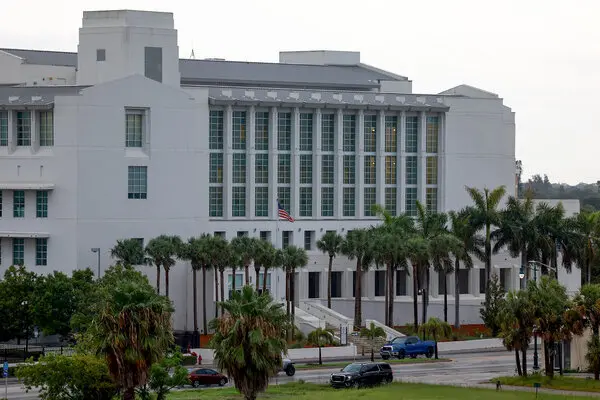Judge Aileen M. Cannon didn’t set a new date immediately, which raises the likelihood that the trial won’t happen before the November election.
In a surprising move, the federal judge overseeing the case involving former President Donald J. Trump’s classified documents granted his request to extend the deadline for a crucial court filing. This extension increases the chance that any trial would be postponed until after the November election.
Judge Aileen M. Cannon’s decision to grant Trump’s request marked a reversal of her previous ruling and was made through a brief order lacking any detailed explanation. She didn’t provide a new deadline but nullified the previous one, which required Trump’s lawyers to submit a comprehensive list of the classified materials they intended to present at trial by Thursday.
This list holds significant weight as it initiates a contentious process between the defense and prosecution, determining which classified materials will be admissible during the trial. Given the complexity of this process, it could prolong the trial for several months.
Trump’s persistent strategy of delaying all four criminal cases he faces has been evident. If he successfully delays the trial for mishandling classified documents until after the election and wins, he could potentially direct his Justice Department to drop the case altogether.
Judge Cannon’s decision to postpone the filing deadline is just the latest instance of her accommodating Trump’s efforts to delay the trial. Despite holding a hearing on March 1 to discuss changing the trial’s start date from May 20, she has yet to finalize a new date. Additionally, she has not made rulings on several crucial motions, further contributing to the delays.
The current dispute arose when Trump’s lawyers requested a delay in the filing deadline, citing their busy schedule defending him in another criminal trial in Manhattan. However, on Monday, they presented a new justification for the delay, alleging that the special counsel’s office had mishandled the classified materials seized from Mar-a-Lago, Trump’s Florida residence, nearly two years ago. While stopping short of accusing the prosecution of misconduct, the lawyers implied that a serious error had occurred and requested time to assess the situation before submitting their filing.















































